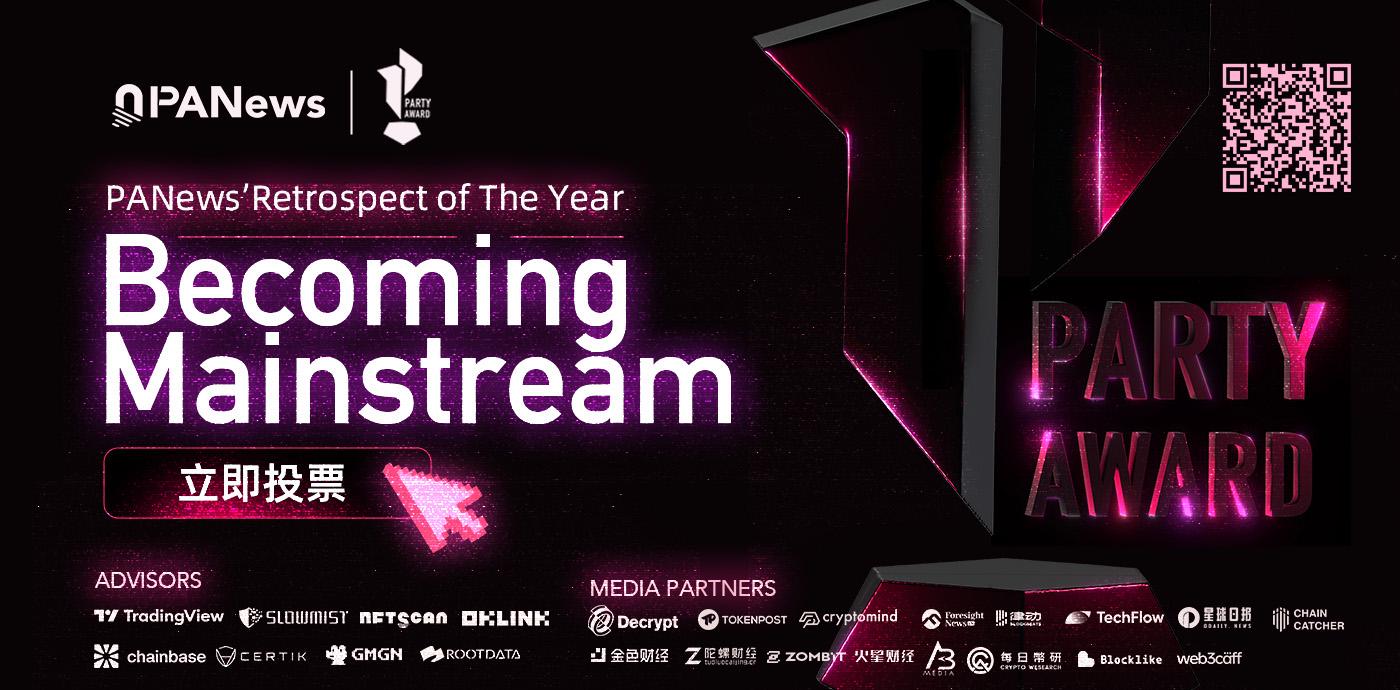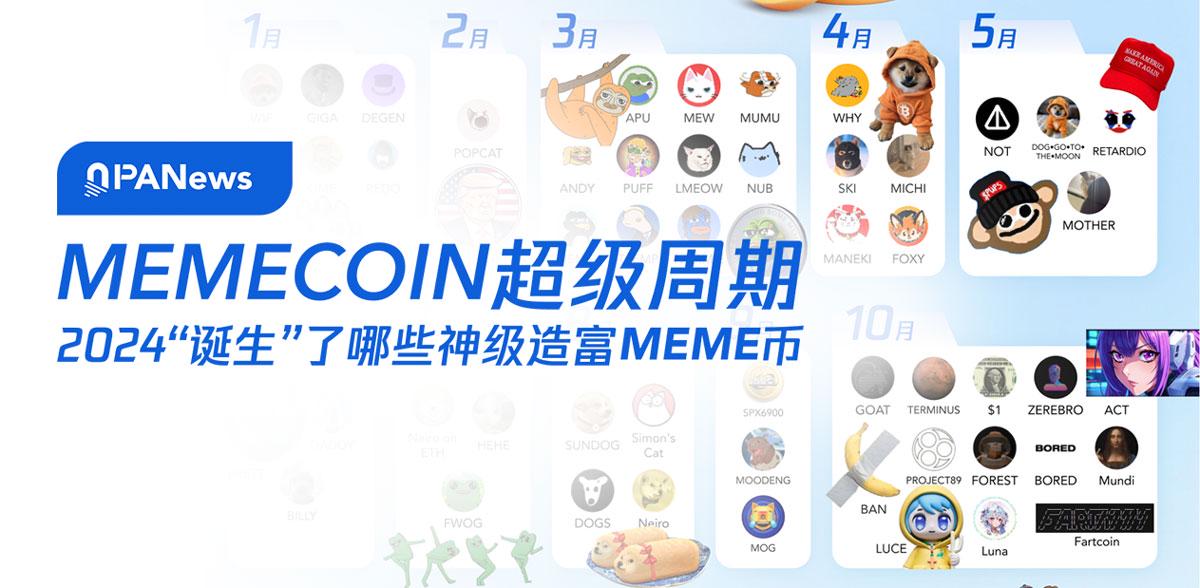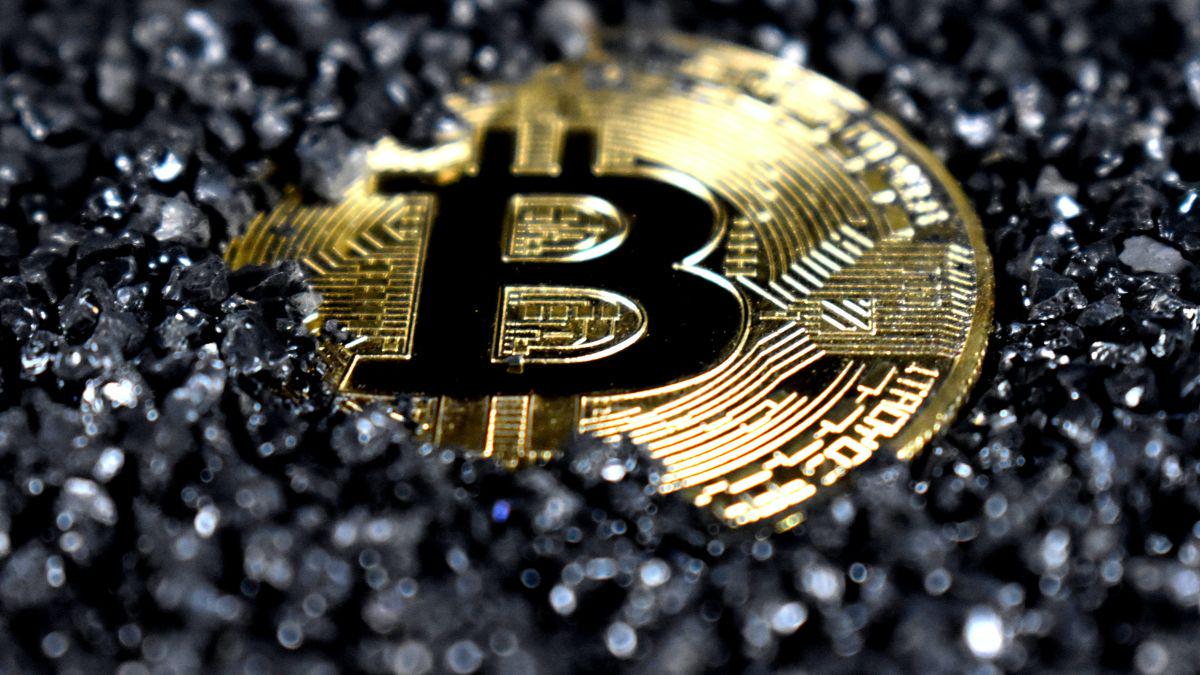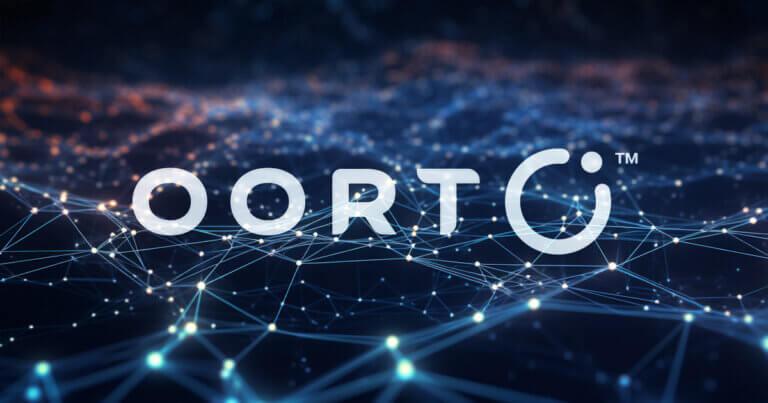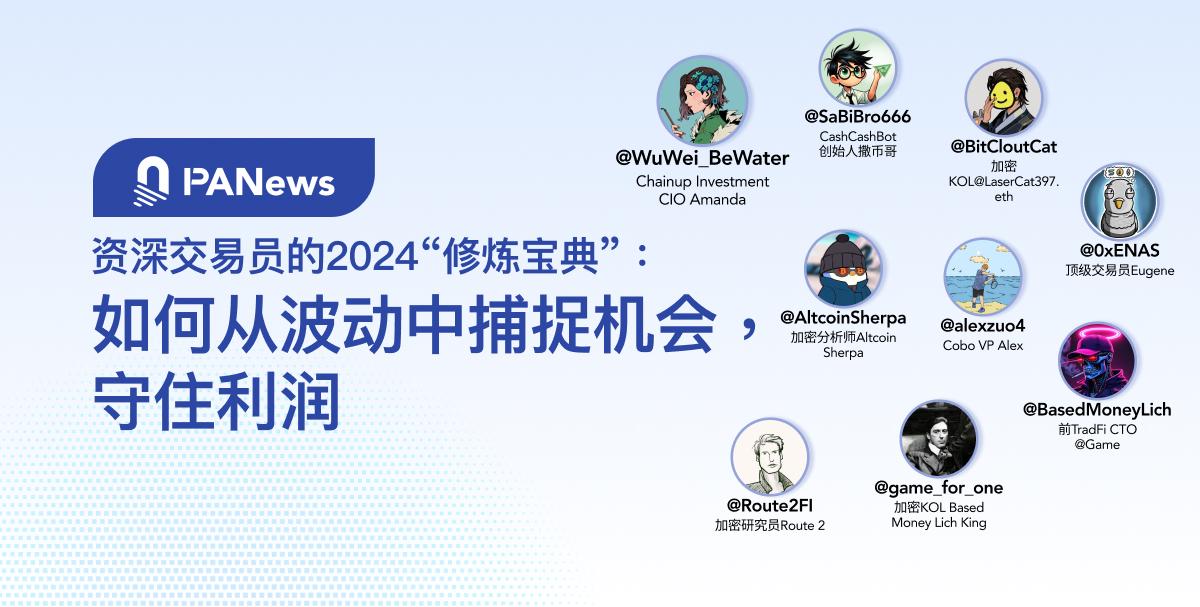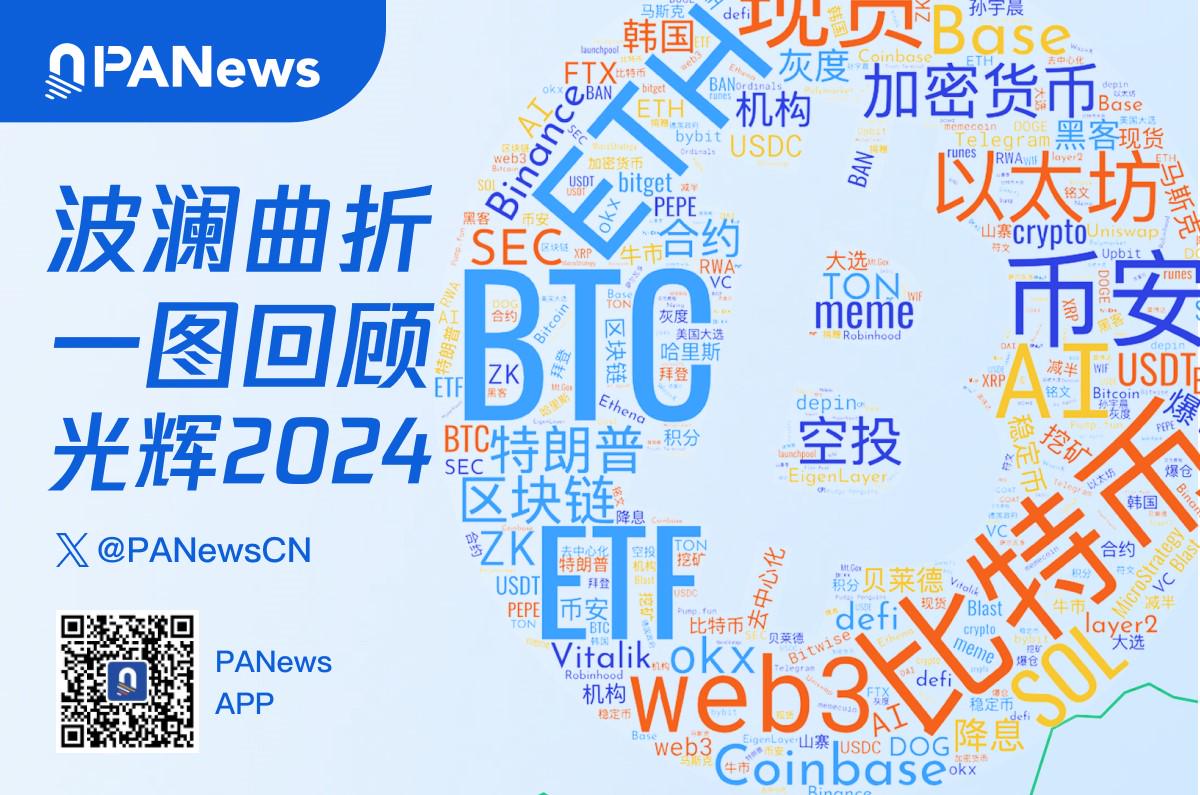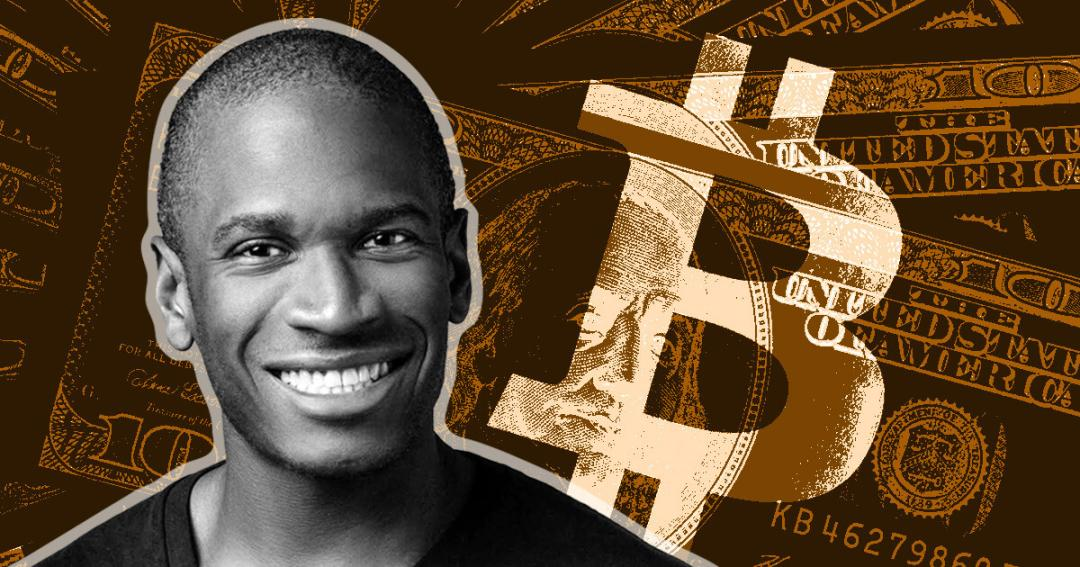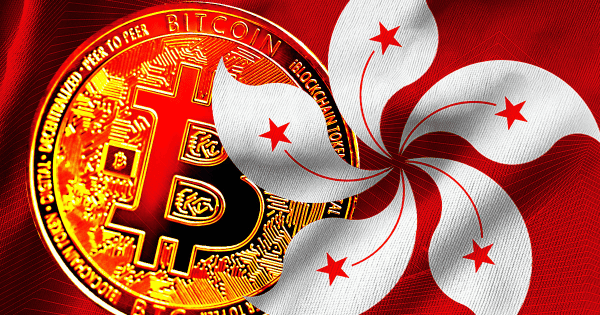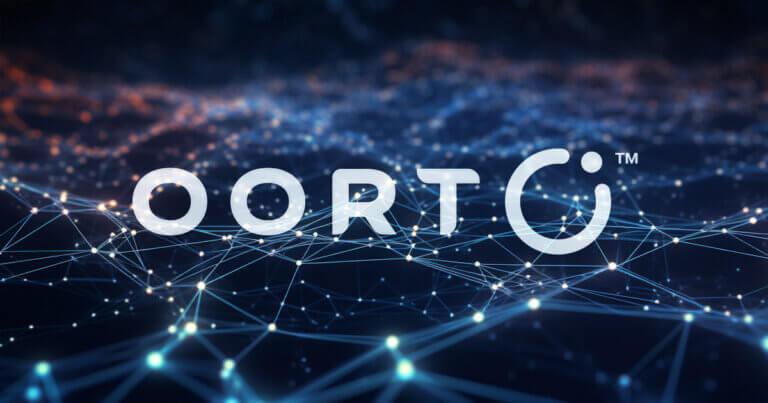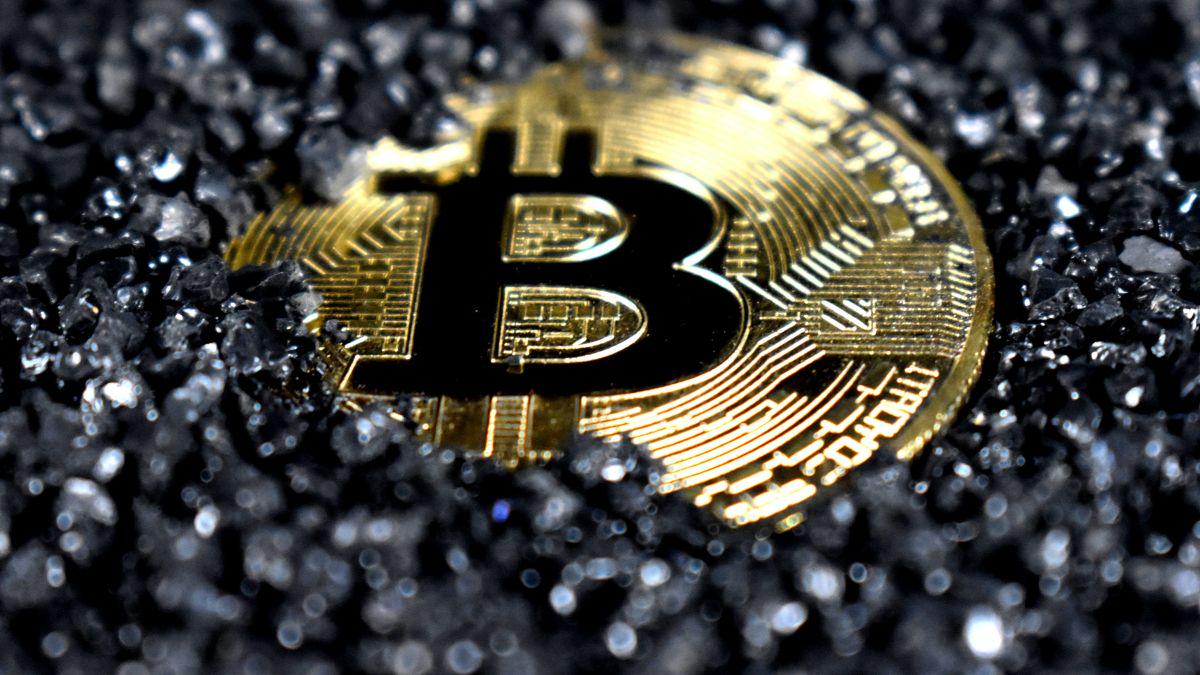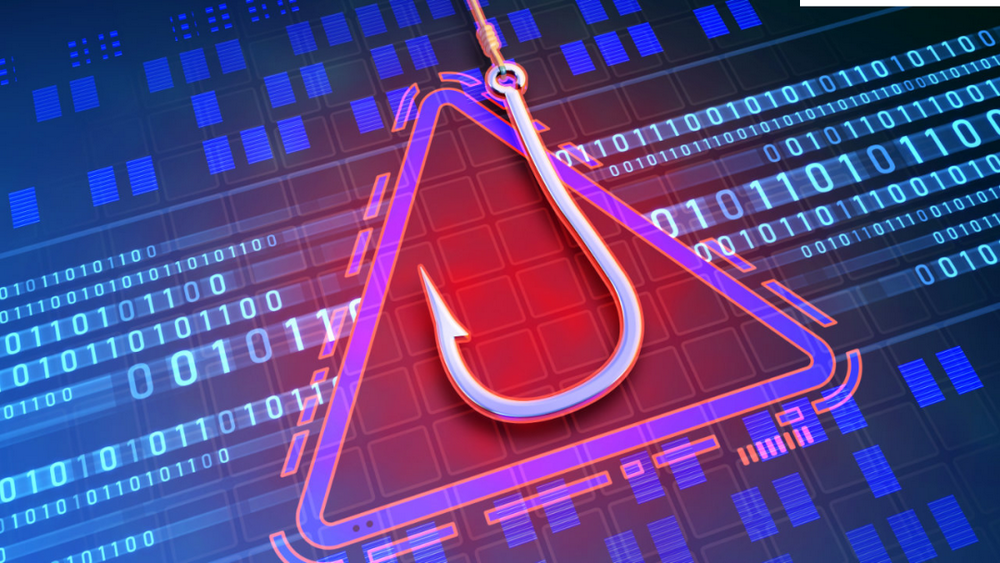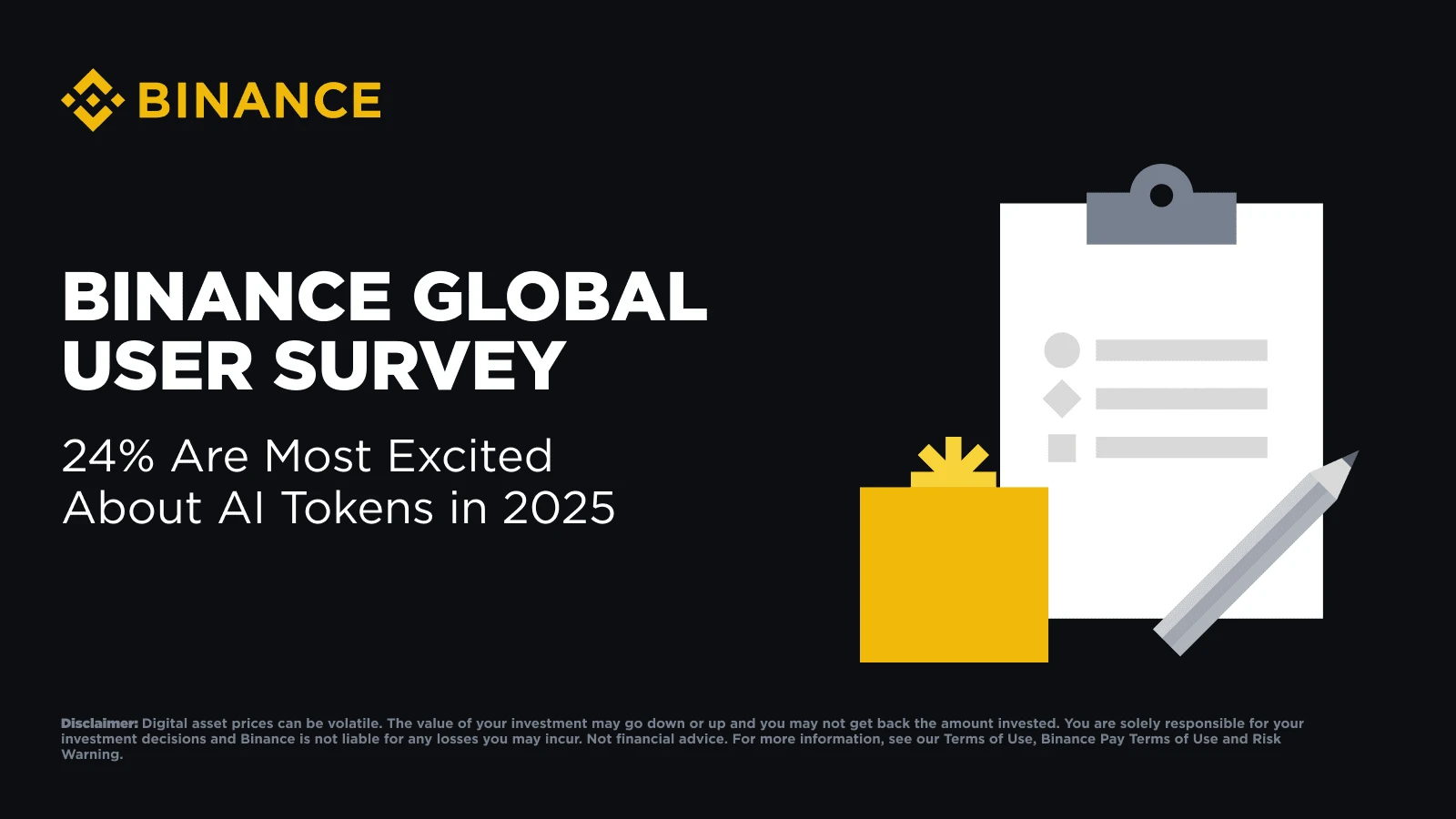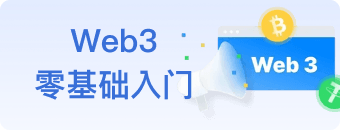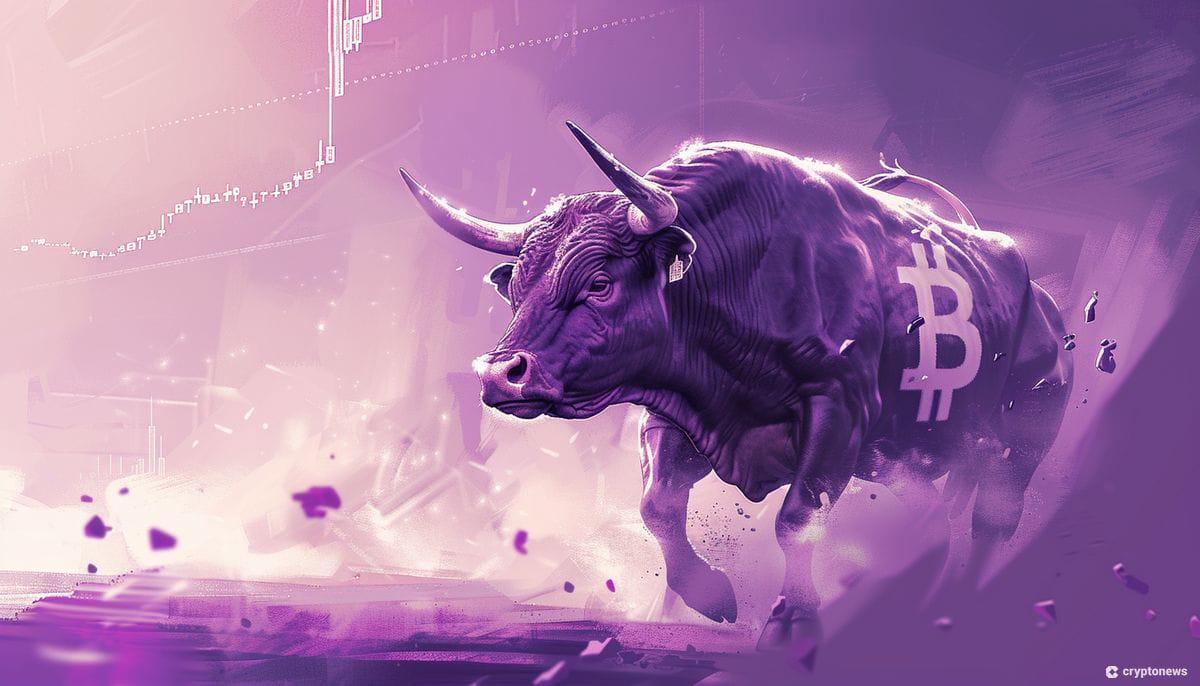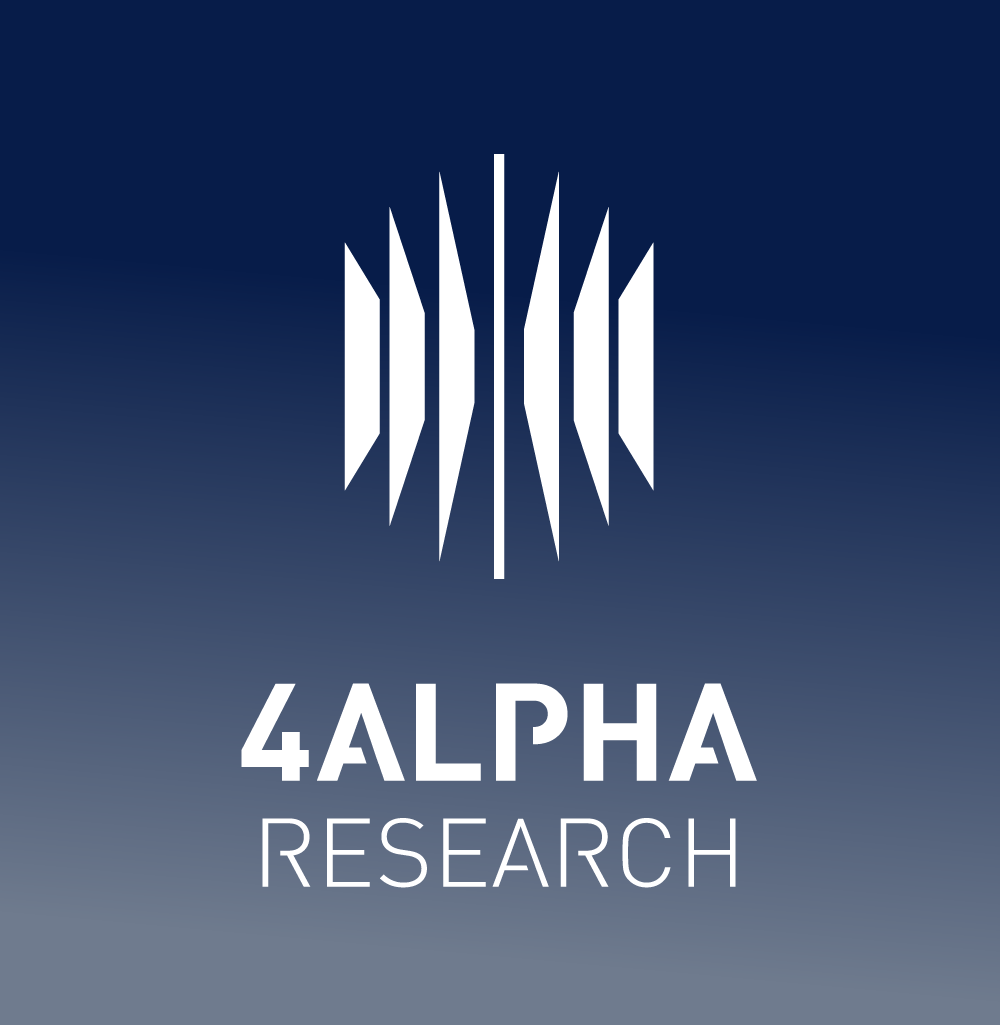-
 PA一线 · 8 小時前
黑山司法部長簽署引渡令,Do Kwon將引渡至美國
PA一线 · 8 小時前
黑山司法部長簽署引渡令,Do Kwon將引渡至美國根據黑山司法部聲明,司法部長Bojan Božović已簽署決定,將Terraform Labs創辦人Do Kwon引渡至美國。同時拒絕了韓國的引渡申請。
-
 PA一线 · 9 小時前
OpenAI計劃調整結構,打造更強大的非營利機構
PA一线 · 9 小時前
OpenAI計劃調整結構,打造更強大的非營利機構OpenAI宣布其董事會正在評估公司結構,將現有的營利部門轉型為特拉華公共利益公司(PBC),以平衡股東、利害關係人和公共利益需求,同時為非營利部門提供更強資源支援。
-
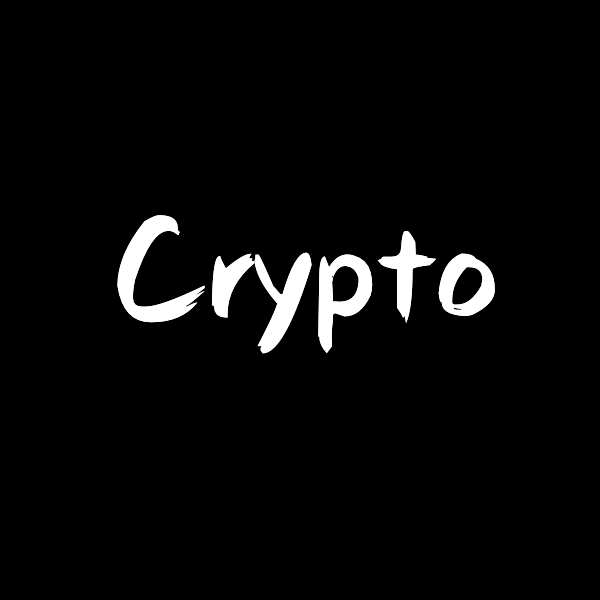 链上达人 · 9 小時前
AI平台Kaito走紅,哪些熱門項目將與之合作?
链上达人 · 9 小時前
AI平台Kaito走紅,哪些熱門項目將與之合作?未來會有越來越多的大項目擁抱Kaito,根據各自的榜單篩選貢獻者並進行空投。
-
 PA一线 · 9 小時前
柬埔寨央行批准合規穩定幣服務,但仍禁用比特幣
PA一线 · 9 小時前
柬埔寨央行批准合規穩定幣服務,但仍禁用比特幣柬埔寨國家銀行(NBC)宣布允許商業銀行和支付機構提供與穩定幣和資產支持型加密貨幣相關的服務,但比特幣等無支援資產仍被禁止。新規要求機構獲得批准後才能進行加密資產兌換、轉帳及託管服務,同時禁止使用客戶資產。
 白话区块链 · 10 小時前
美國「比特幣戰略儲備」最快何時能落地?這幾個時間點值得重點關注
白话区块链 · 10 小時前
美國「比特幣戰略儲備」最快何時能落地?這幾個時間點值得重點關注自11月初川普勝選「定局」以來,加密市場特別是比特幣進入了強烈的「美國比特幣戰略儲備」預期。
-
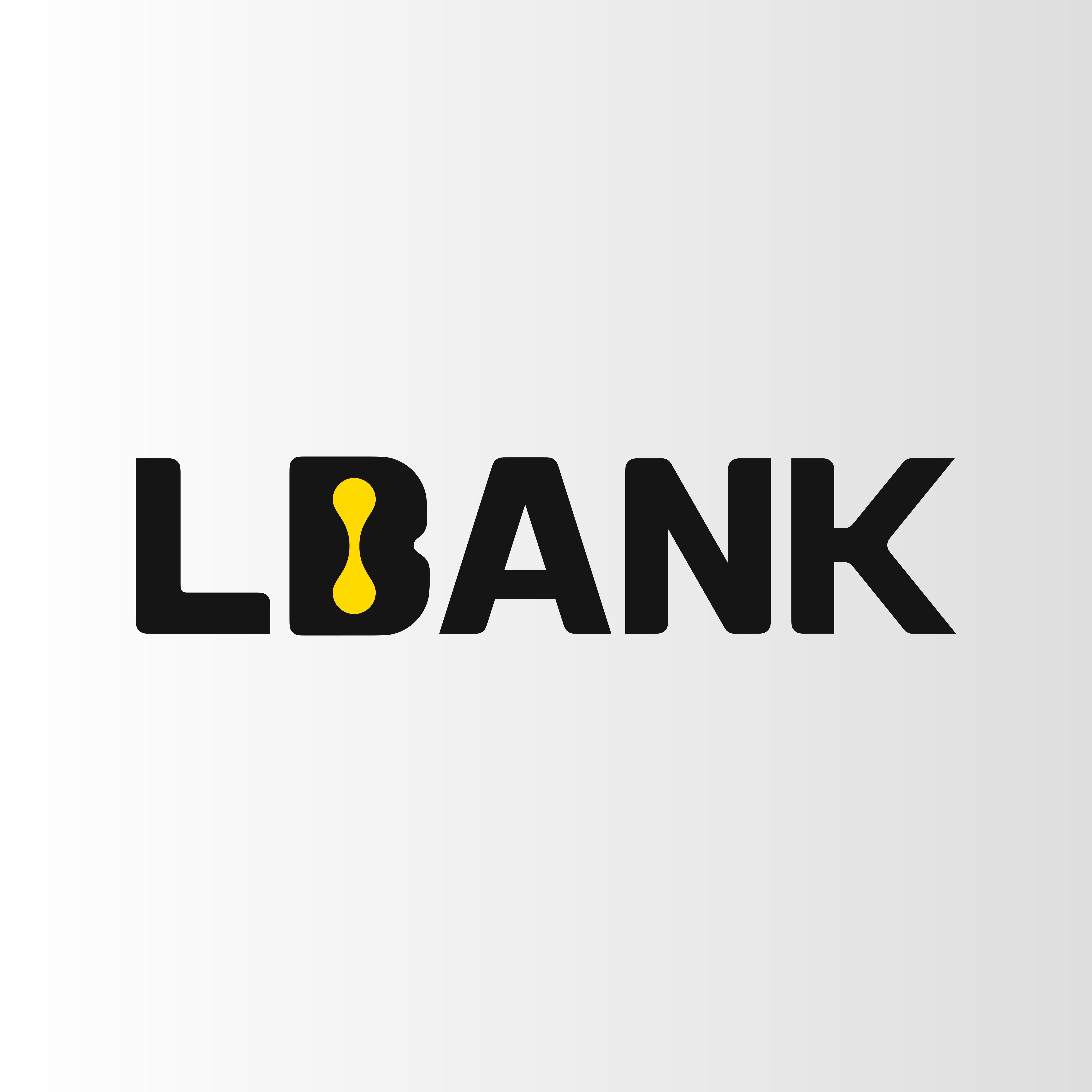 LBank · 11 小時前
LBank Pulse Focus專訪:「新迷因教父」Murad揭密2025年Memecoin超級週期的未來
LBank · 11 小時前
LBank Pulse Focus專訪:「新迷因教父」Murad揭密2025年Memecoin超級週期的未來Murad Mahmudov,作為這一趨勢的見證者與分析者,提出了「Meme幣超級週期」的概念。在他看來,Meme幣不僅僅是一個純粹的投機工具,而是加密世界中最強而有力的用戶普及引擎。他深入分析了Meme幣成功的關鍵因素,並詳細說明如何透過社群媒體和社群力量推動這些計畫的成長。
-
 PA一线 · 11 小時前
Bitget將銷毀價值超50億美金的BGB,佔總供應量40%
PA一线 · 11 小時前
Bitget將銷毀價值超50億美金的BGB,佔總供應量40%Bitget團隊發布新版BGB白皮書,宣布引進回購銷毀機制。首次將銷毀核心團隊持有的8億枚BGB,BGB總供應量將減少為12億,且100%全流通。隨後,Bitget每季獲利的20%對BGB進行回購銷毀。
-
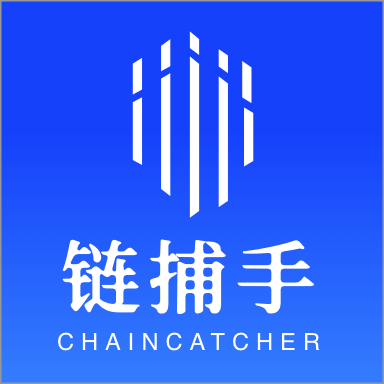 链捕手 ChainCatcher · 12 小時前
2024年加密現貨ETF成績單:1 年,400億美元
链捕手 ChainCatcher · 12 小時前
2024年加密現貨ETF成績單:1 年,400億美元2024 年是加密資產真正轉向主流資產的一年,本文將回顧今年加密現貨ETF 的關鍵里程碑,詳細分析這一年來加密ETF 的市場表現,並展望2025 年加密ETF 發展前景。
-
 PA日报 · 12 小時前
PA日報| Xterio將於2025年1月8日進行TGE;Matrixport表示2025年比特幣多頭市場可能面臨多種潛在風險因素
PA日报 · 12 小時前
PA日報| Xterio將於2025年1月8日進行TGE;Matrixport表示2025年比特幣多頭市場可能面臨多種潛在風險因素Binance Alpha新增arc、WHY、APU、HAPPY和FWOG;1.69兆枚BONK已完成銷毀;BNSOL超級質押將上線第三期專案MANTRA(OM)。
-
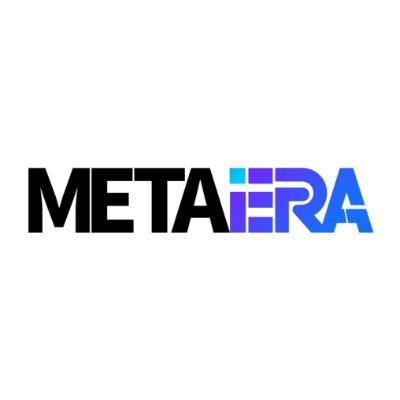 Meta Era · 12 小時前
從星星之火到燎原之勢,2024香港Web 3.0大事記
Meta Era · 12 小時前
從星星之火到燎原之勢,2024香港Web 3.0大事記香港自2022 年點燃Web 3.0 星星之火,如今越燒越旺,已漸有燎原之勢。綜觀2024 年Web 3.0 在香港的發展,在建立更穩定、更便利市場環境的同時,也發揮其一直以來作為金融中心的優勢。
- 加密貨幣流通市值(7天)$3,460,306,774,748Market Cap恐懼貪婪指數(近30天)
 PA一线 · 12 小時前
國家外匯管理局發布針對虛擬貨幣非法跨境金融活動等高風險交易的報告管理辦法
PA一线 · 12 小時前
國家外匯管理局發布針對虛擬貨幣非法跨境金融活動等高風險交易的報告管理辦法《銀行外匯風險交易報告管理辦法(試行)》已發布並自即日起施行。 《辦法》是《銀行外匯展業管理辦法(試行)》的配套文件,旨在強化銀行外匯風險管理,對涉嫌虛假貿易、地下錢莊、虛擬貨幣非法跨境金融活動等高風險交易進行早預警和早處置。
-
 PA图说 · 12 小時前
年終盤點系列丨波瀾曲折,一圖回顧光輝2024 🪶👇
PA图说 · 12 小時前
年終盤點系列丨波瀾曲折,一圖回顧光輝2024 🪶👇這一年加密產業在質疑與波折中成長
-
 PA一线 · 13 小時前
幣安:BNSOL超級質押將上線第三期專案MANTRA(OM)
PA一线 · 13 小時前
幣安:BNSOL超級質押將上線第三期專案MANTRA(OM)根據幣安公告,BNSOL超級質押將於2025年1月1日8:00至2月1日7:59(北京時間)上線第三期專案MANTRA(OM)。 OM APR Boost空投獎勵於2025年01月02日起每日13:30(東八區時間) 左右可領取。
-
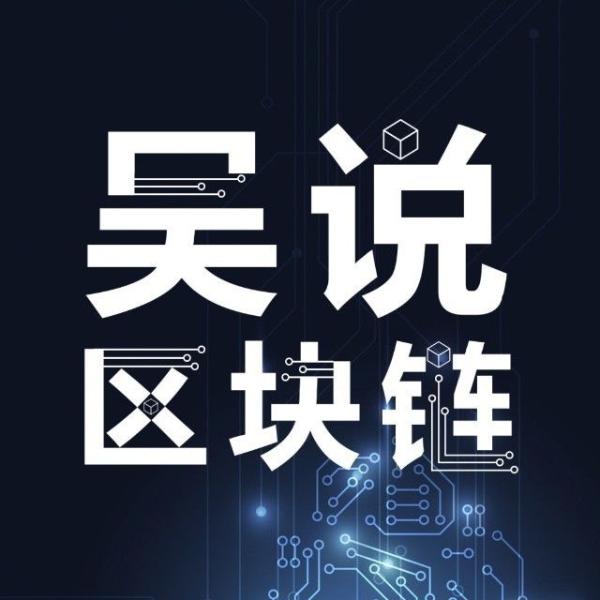 吴说区块链 · 13 小時前
Arthur Hayes最新播客全文:談川普新政、比特幣儲備、投資策略與韓國市場
吴说区块链 · 13 小時前
Arthur Hayes最新播客全文:談川普新政、比特幣儲備、投資策略與韓國市場儘管對美國政府直接採用Bitcoin 儲備持懷疑態度,Hayes 認為向數位資產的轉型是不可避免的。
-
 PA荐读 · 13 小時前
盤點2024香港Web3十大熱詞
PA荐读 · 13 小時前
盤點2024香港Web3十大熱詞本文將回顧2024年香港Web3領域的十大熱詞,以此窺得一年中產業興起與發展。
-
 Nancy · 13 小時前
CZ公開力薦的AI數據賽道,OORT如何透過DeAI開啟商業化敘事?
Nancy · 13 小時前
CZ公開力薦的AI數據賽道,OORT如何透過DeAI開啟商業化敘事?獲微軟和Google等巨頭資助的OORT是去中心化AI領域的拓疆者,為AI紀元打造去中心化信任的基礎設施,在實現商業化應用的同時,透過創新DeAI(去中心化人工智慧)解決方案推動AI開發流程的民主化與普及化。
-
 Yuliya · 13 小時前
2024十大領漲項目:最高漲幅超230倍,7個Meme幣入榜
Yuliya · 13 小時前
2024十大領漲項目:最高漲幅超230倍,7個Meme幣入榜今年漲幅前十名的加密貨幣中有7個是Meme幣。
-
 慢雾科技 · 14 小時前
損失超100萬美元,假Zoom會議釣魚分析
慢雾科技 · 14 小時前
損失超100萬美元,假Zoom會議釣魚分析本文將對假Zoom會議釣魚事件與攻擊手法展開分析,並追蹤駭客的資金流向。
-
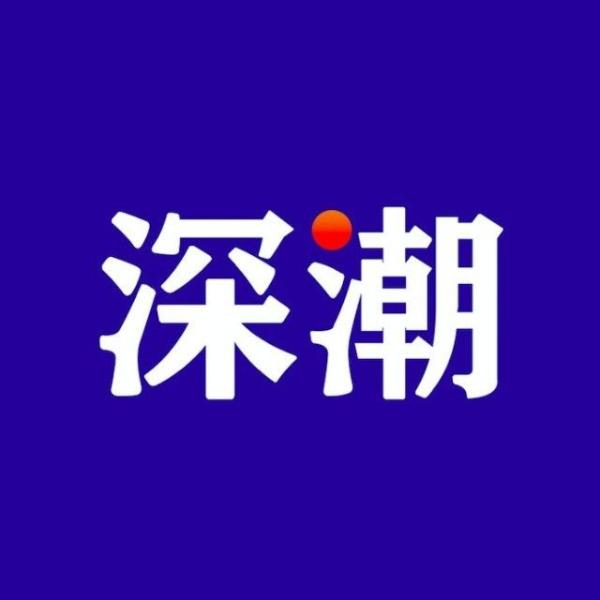 深潮TechFlow · 15 小時前
Binance全球用戶調查:45%的受訪者在2024年入場,24%看好AI代幣發展
深潮TechFlow · 15 小時前
Binance全球用戶調查:45%的受訪者在2024年入場,24%看好AI代幣發展新用戶謹慎而活躍的態度,與資深用戶的長期信心相結合,展現了加密市場日益成熟與強大的韌性。
-
 Felix · 15 小時前
從20秒影片捕捉PumpFun團隊錢包位址,都交易了哪些代幣?
Felix · 15 小時前
從20秒影片捕捉PumpFun團隊錢包位址,都交易了哪些代幣?PumpFun 團隊正積極交易低市值代幣。
更多內容 Dec . 28
Dec.28
